Many of us instinctively know whether a design is good and user-friendly or if it’s something clobbered together at the last minute without much thought for aesthetics, the future, or our poor artistic feelings. However, some home design ‘solutions’ are so problematic, they deserve to be named and shamed far and wide.
That’s where the Russian ‘Typical Rykozhop’ project on Instagram comes in. The account documents the most egregious design and construction decisions that would make any design major’s jaw drop (watch some of them faint, too!). Scroll down for the best of the truly worst (or is that the worst of the worst?) and upvote the design solutions that you simply love to hate, dear Pandas.
If you’re in the mood for some more horrifying home aesthetics, awful craftsmanship, and attempts to make things fit, then you’re more than welcome to browse Bored Panda’s first article about ‘Typical Rykozhop’ right here. It’s the perfect lesson about what not to do.
#1
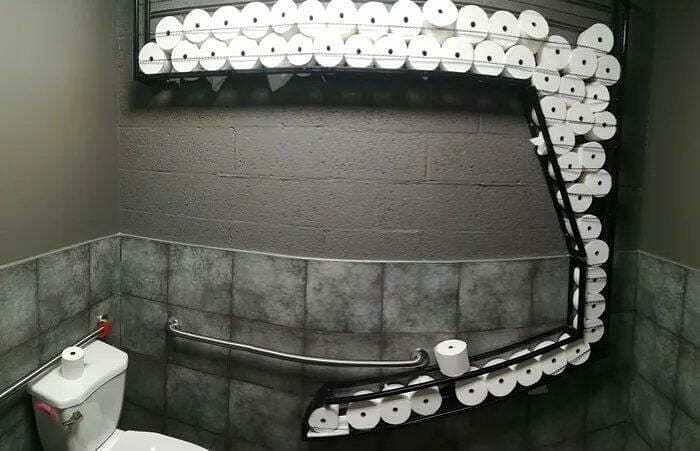
Image credits: typical.rykozhop
#2
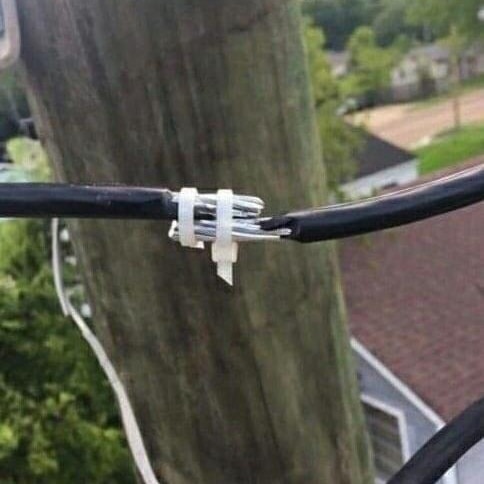
Image credits: typical.rykozhop
#3
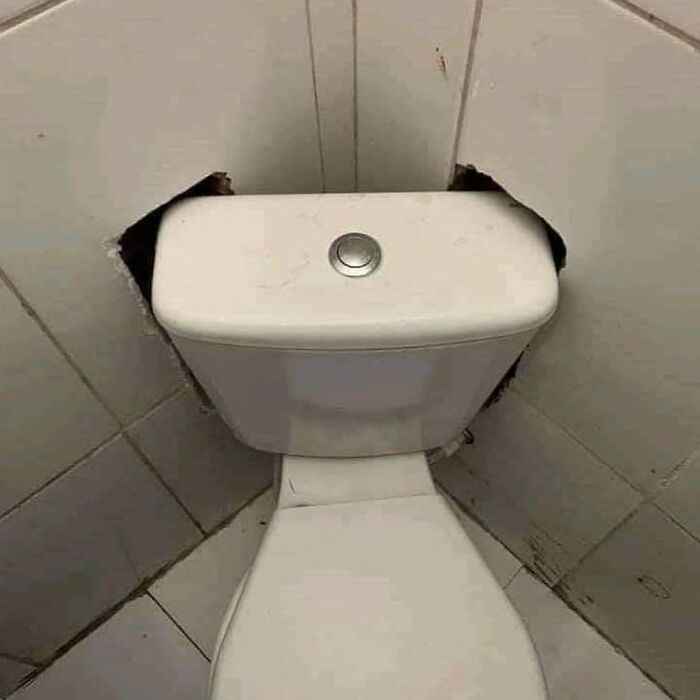
Image credits: typical.rykozhop
For some reason, the ‘Typical Rykozhop’ Instagram account appears to have been recently deactivated. We’re not sure about the reason, but we’re hoping it comes back online to entertain all of us with its design spookiness in the near future.
Tim Antoniuk, an Associate Professor of Design Studies at the University of Alberta, previously spoke to Bored Panda about design projects, who’s responsible for the final vision of a home during building, and how important communication is.
#4
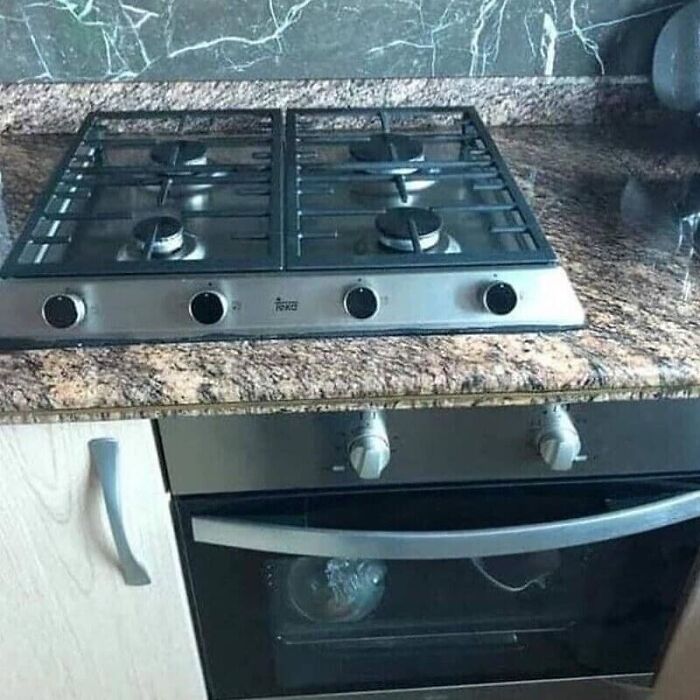
Image credits: typical.rykozhop
#5
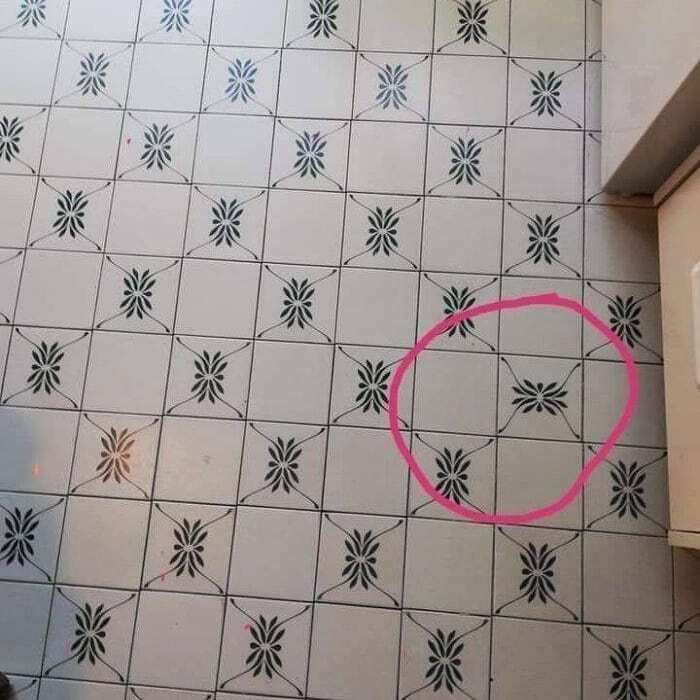
Image credits: typical.rykozhop
#6
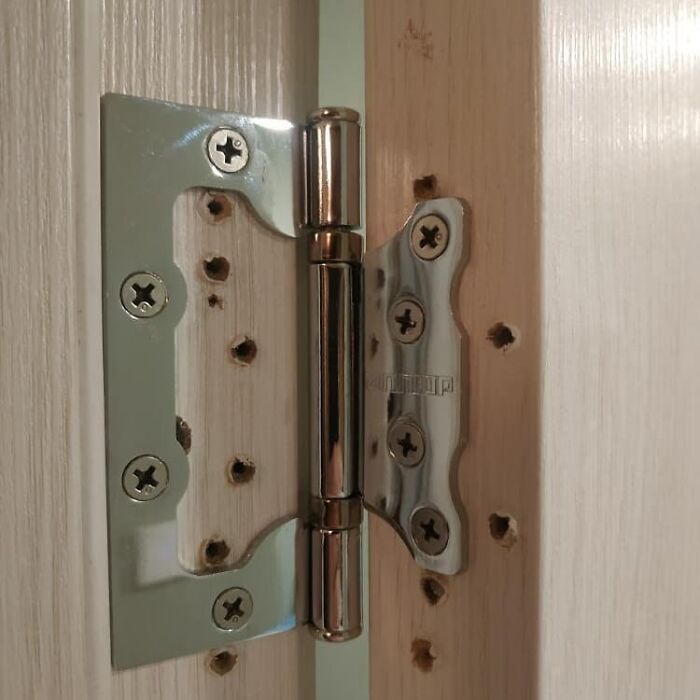
Image credits: typical.rykozhop
According to Tim, the designer in charge of the building project has to make sure that their and their client’s vision is focused and becomes reality. That’s why it’s vital to communicate very clearly and avoid any ‘fuzziness’ or leave room for too many interpretations.
"Certainly, this is frustrating and it puts extra pressure on the designer, but everything, in my view, rests in the designer's hand. This is why some of the most outstanding designers in the world have such a deep knowledge of materials, manufacturing processes, of the problems that can happen during installation,” Tim explained to Bored Panda about the important role that designers play during projects. Their responsibilities go deeper than some of us would think at first glance.
#7
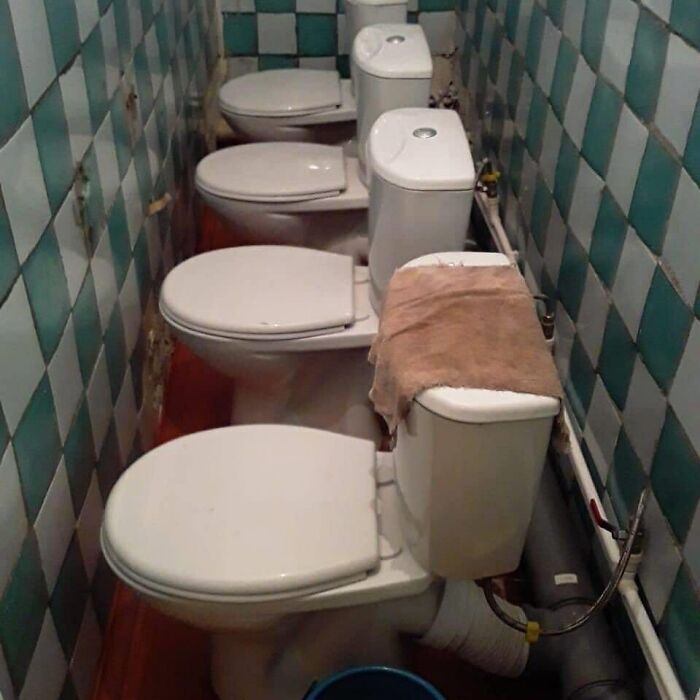
Image credits: typical.rykozhop
#8
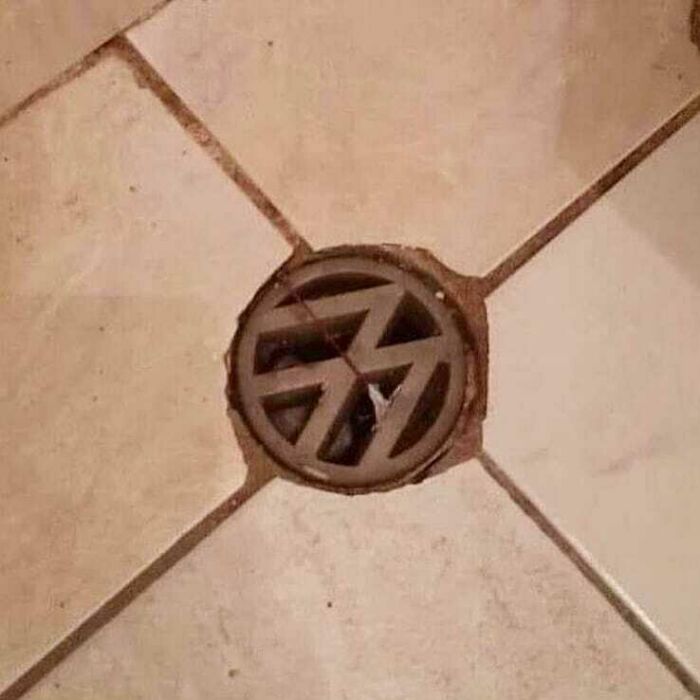
Image credits: typical.rykozhop
#9
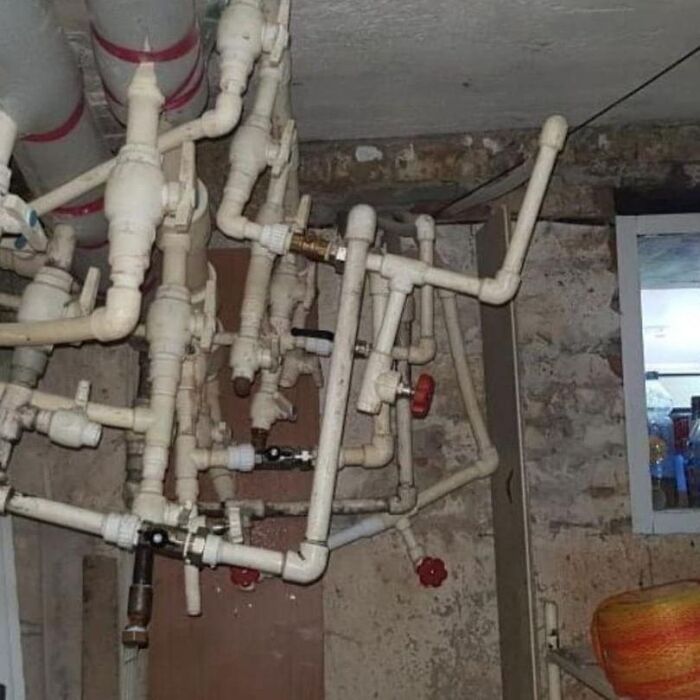
Image credits: typical.rykozhop
"It's hard, but that's why the best designers get paid so well for their outstanding work. They do great design/aesthetic work, but they also create efficiencies and they foresee and spot (some) problems from happening,” the design expert said.
#10
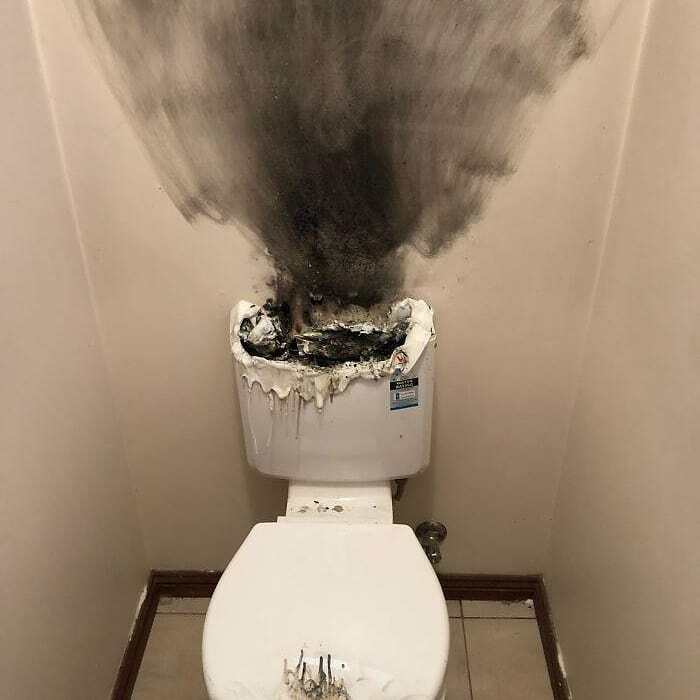
Image credits: typical.rykozhop
#11
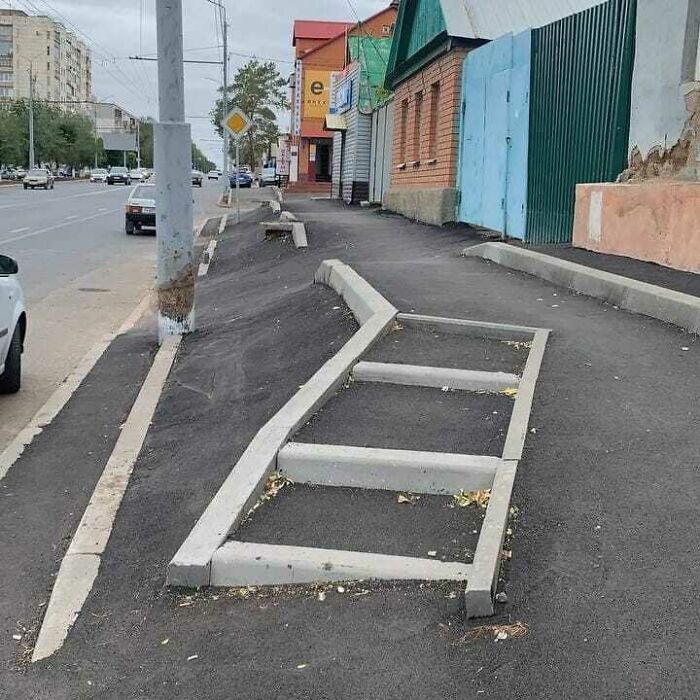
Image credits: typical.rykozhop
#12
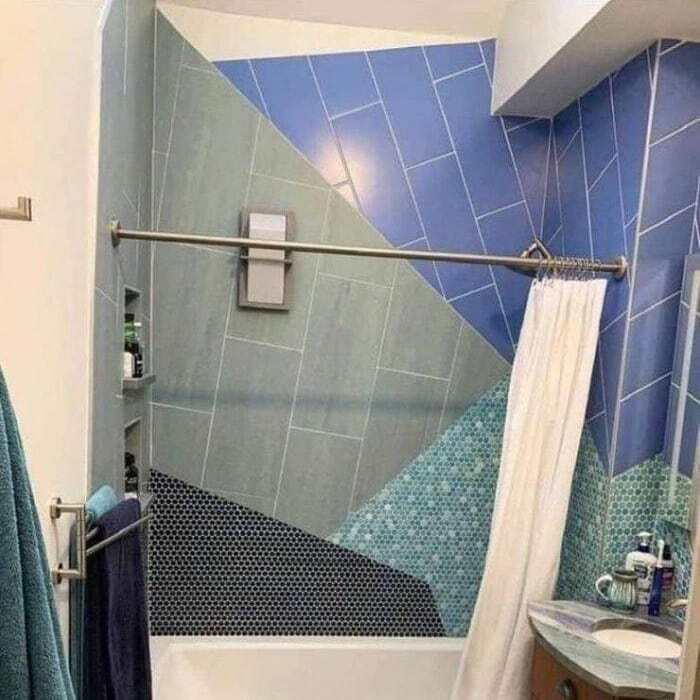
Image credits: typical.rykozhop
However good you might be, it’s still impossible to plan for everything. Sooner or later, something will go wrong. But a way to make as few mistakes from happening as possible is by keeping the builders on your side. "Many jobs cannot just stop because a designer is not onsite or is not able to be reached. That said, builders need to honor the designer's vision, but again, if there is 'fuzziness' in the drawings or plans, decisions will be made by people that we may not want to make them."
#13
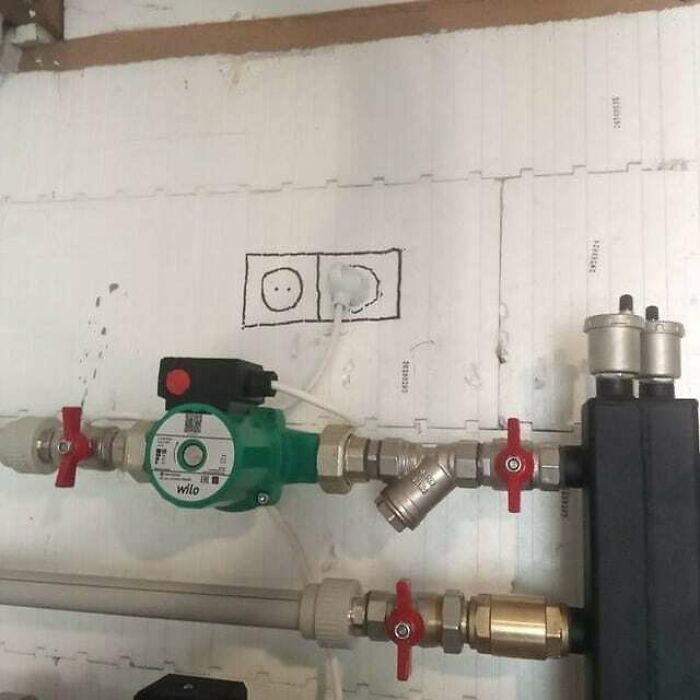
Image credits: typical.rykozhop
#14
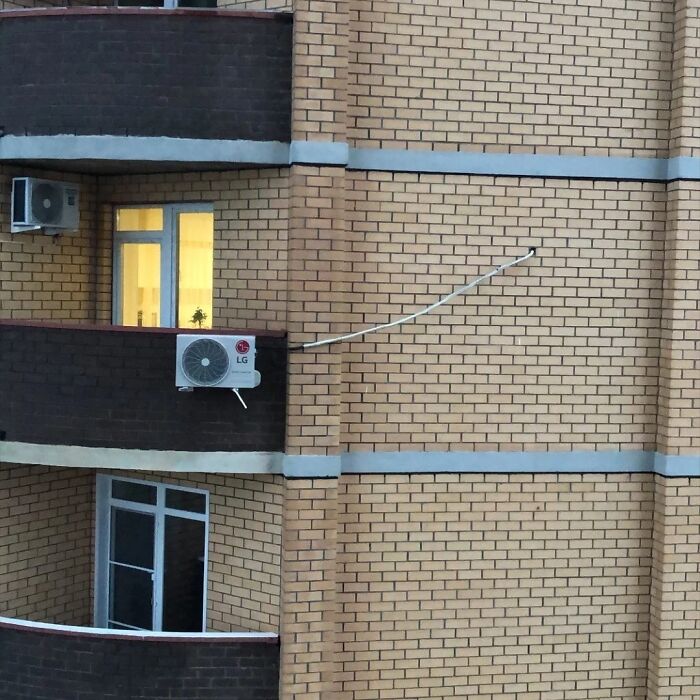
Image credits: typical.rykozhop
#15
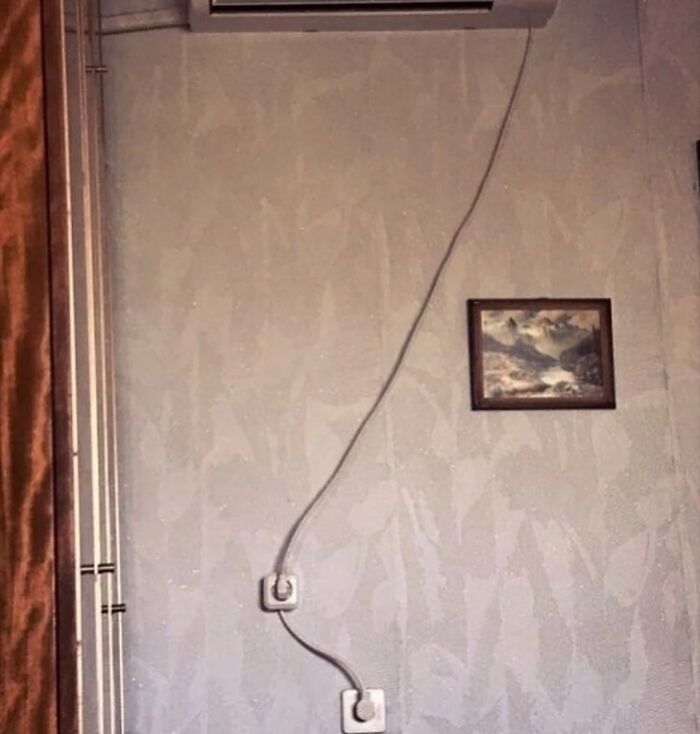
Image credits: typical.rykozhop
According to Tim, a good project comes together when builders follow through with the designer’s vision, there’s ample communication, there are great drawings and visuals, and the designer is “exceptionally” well-educated in construction. "We exist in a field that is ever-changing with the introduction of new materials, new construction requirements, and restrictions," the expert noted.
#16
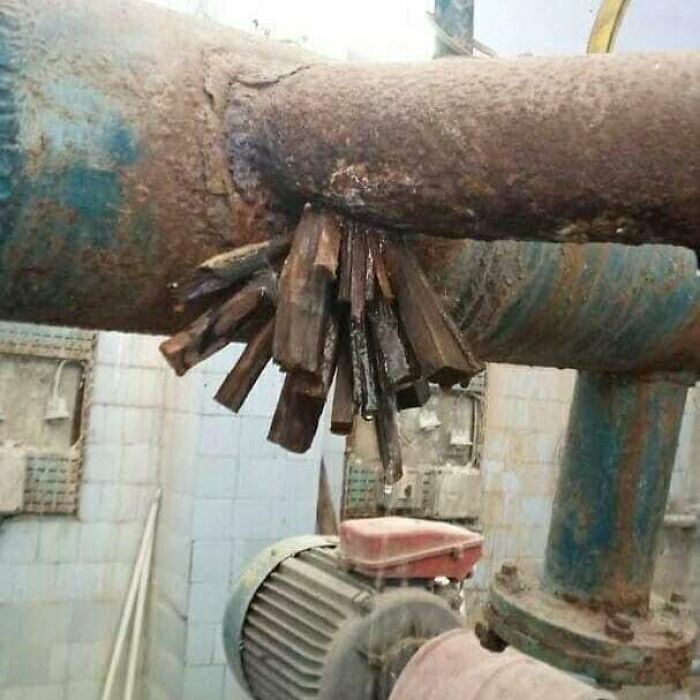
Image credits: typical.rykozhop
#17
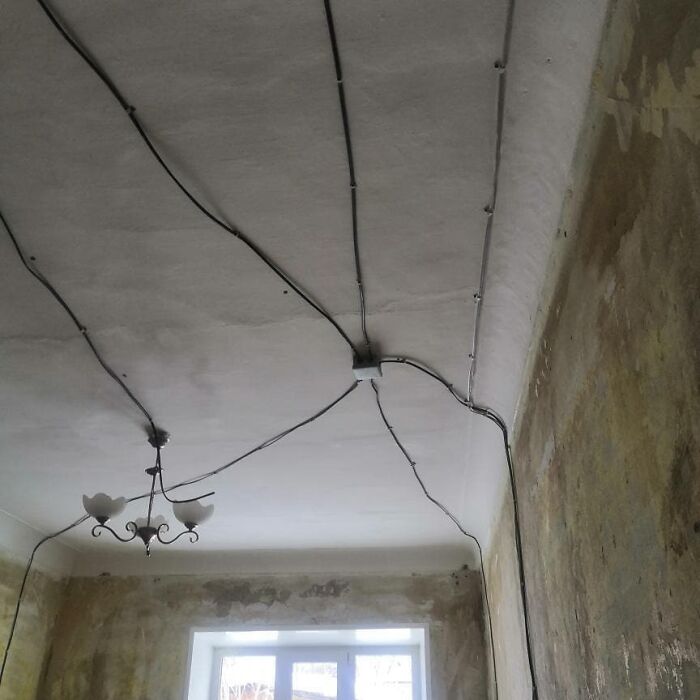
Image credits: typical.rykozhop
#18
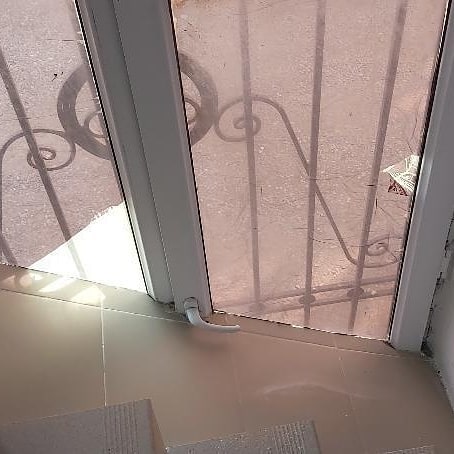
Image credits: typical.rykozhop
The bedrock of everything, though, is cheesy but tested and true: clear and honest communication. "It is simple to say, but communication and having an outstanding relationship with the builder is critically important. At 'Architure,' we constantly visit and hang out with the Trades. We like to talk with the people that have 'boots-on-the-ground.' These are the people that are literally building our products and spaces. If you piss these guys off, treat them poorly, or don't communicate well, they can ruin a project. It may sound flippant, but we see these people as our partners."
#19
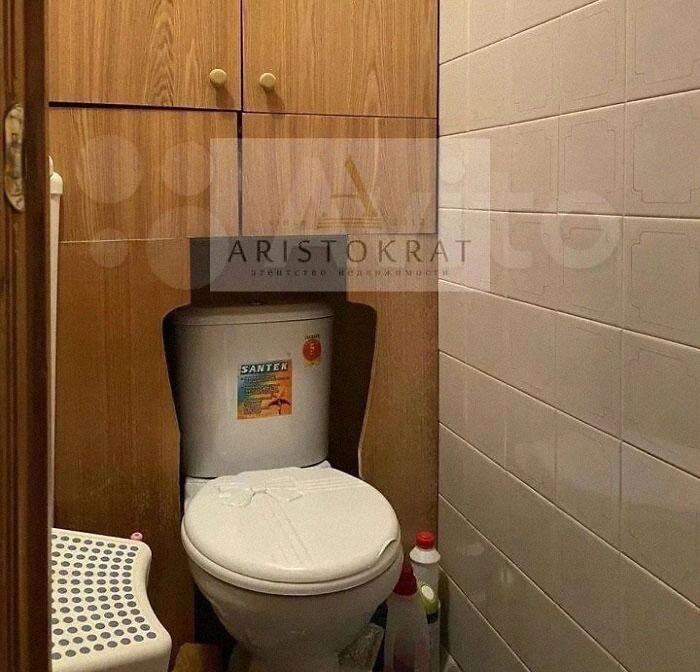
Image credits: typical.rykozhop
#20
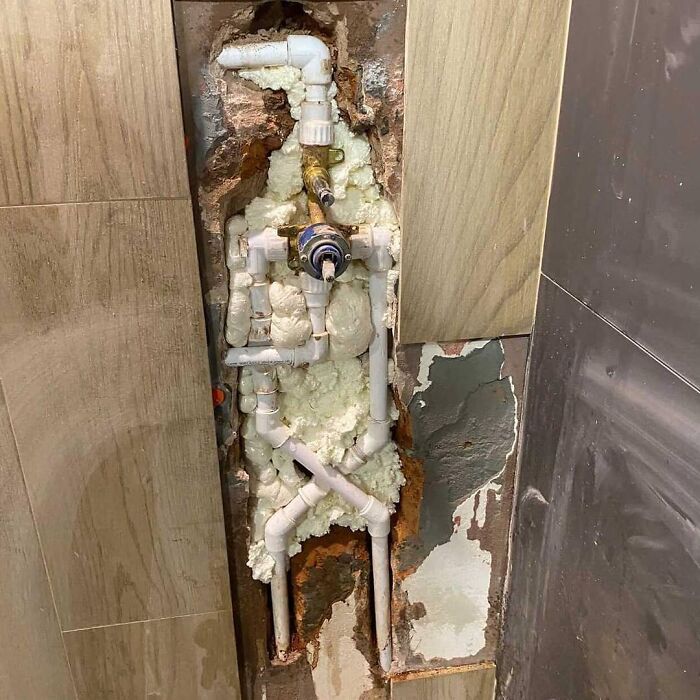
Image credits: typical.rykozhop
#21
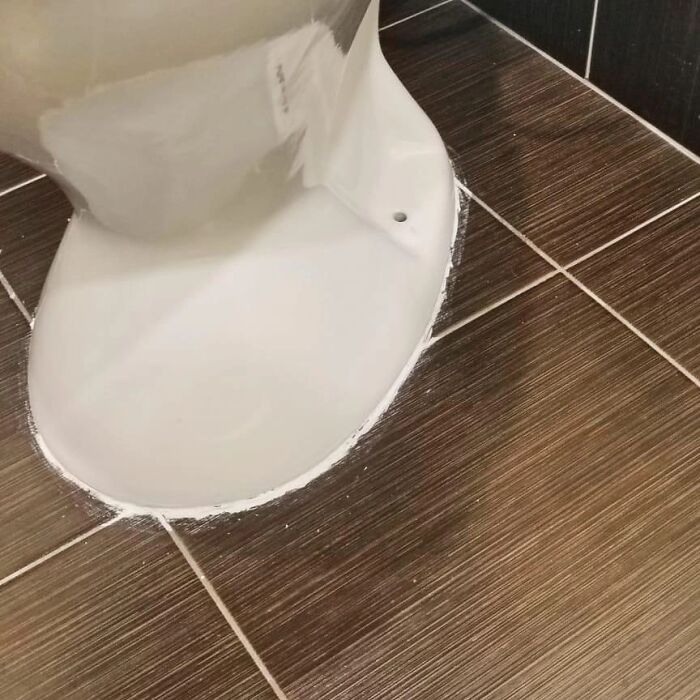
Image credits: typical.rykozhop
A bit earlier, Tim went into more depth about good and bad designs with Bored Panda. "Quite often, this relates to ergonomics and the usability or functionality of the products and services and systems. Having said that, I think far too many people expect poor design that doesn’t really work well," he said.
#22
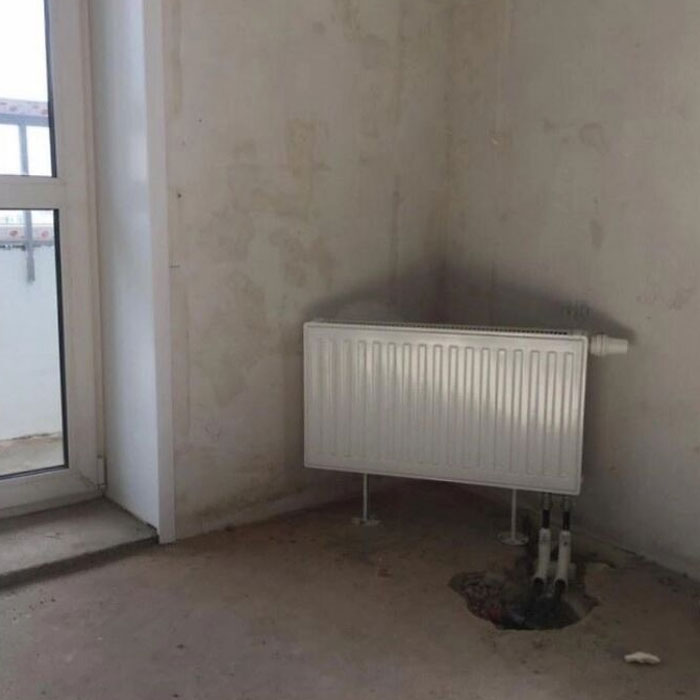
Image credits: typical.rykozhop
#23
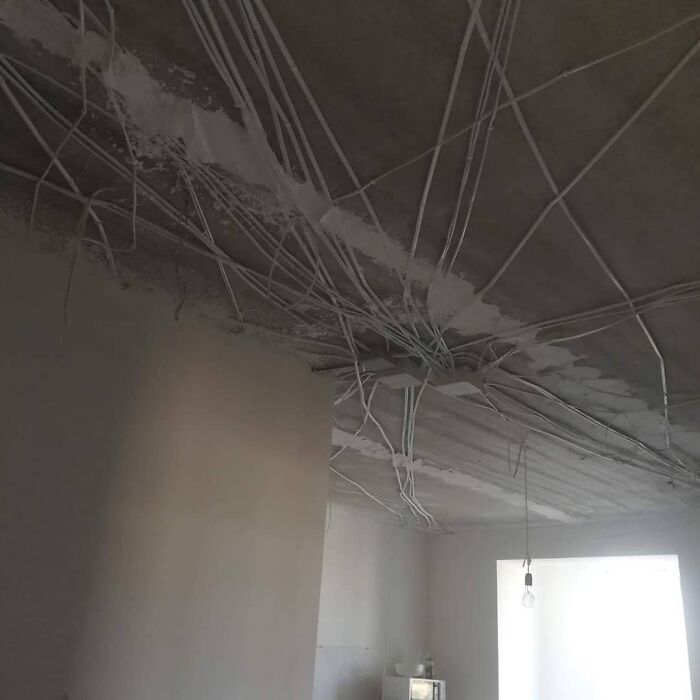
Image credits: typical.rykozhop
#24
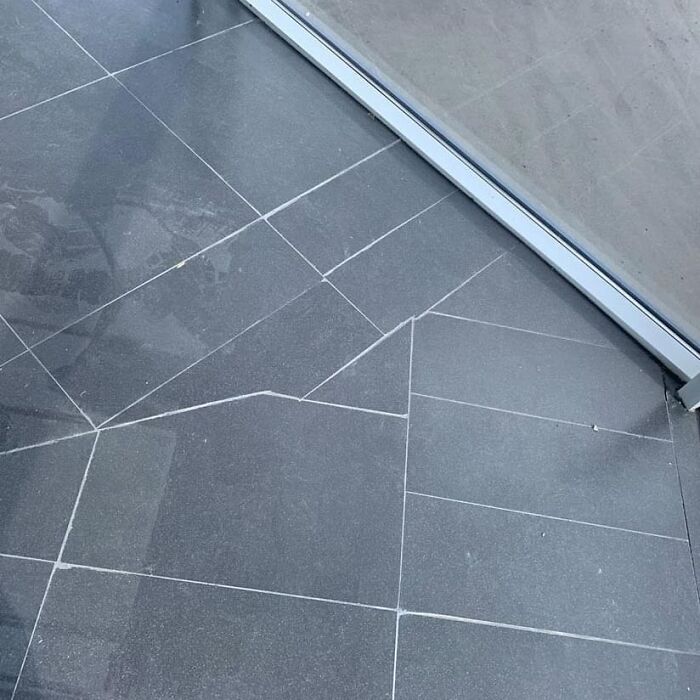
Image credits: typical.rykozhop
Tim believes that good design is “intuitive, deeply sympathetic and empathetic to the user at all levels, and at some level, it is emotional.” According to him, good design “is a catalyst for giving us feelings.” The expert added that we can learn how to create high-quality and good designs, as it’s a skill like any other. However, we should, first of all, unlearn any bad skills that we’ve made a habit of.
#25
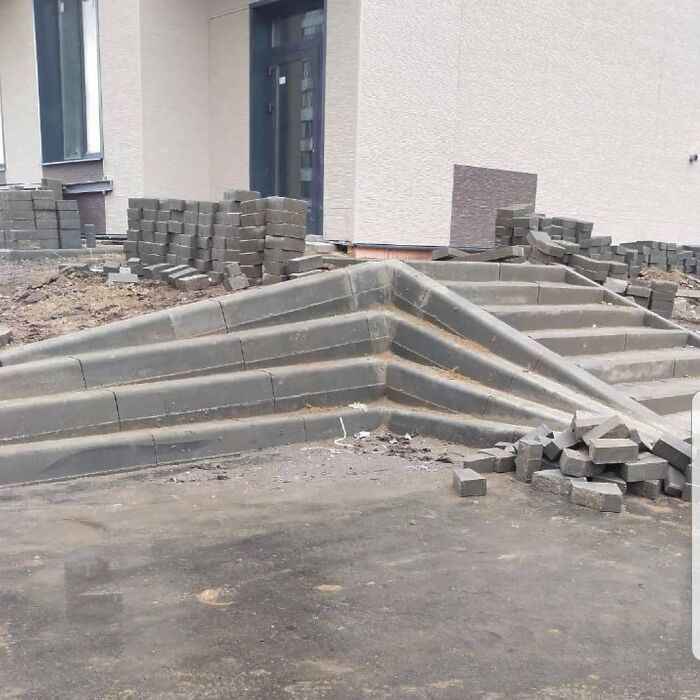
Image credits: typical.rykozhop
#26
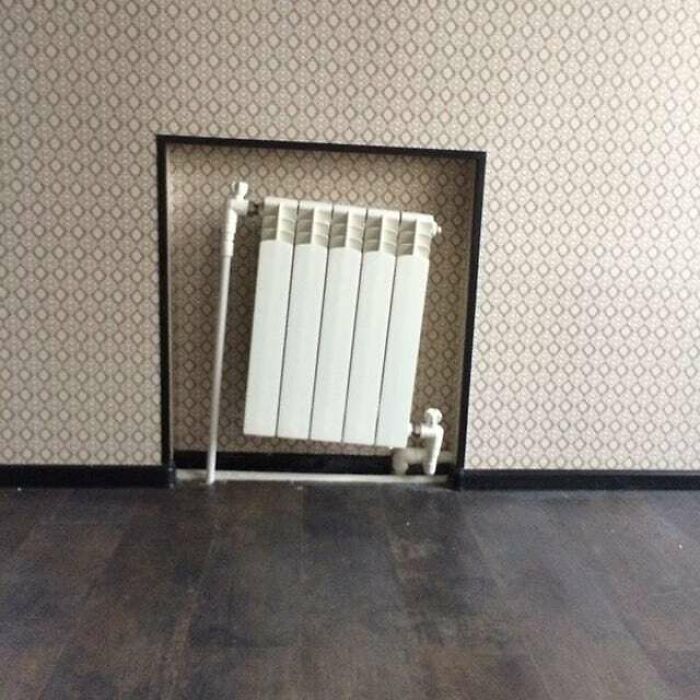
Image credits: typical.rykozhop
#27
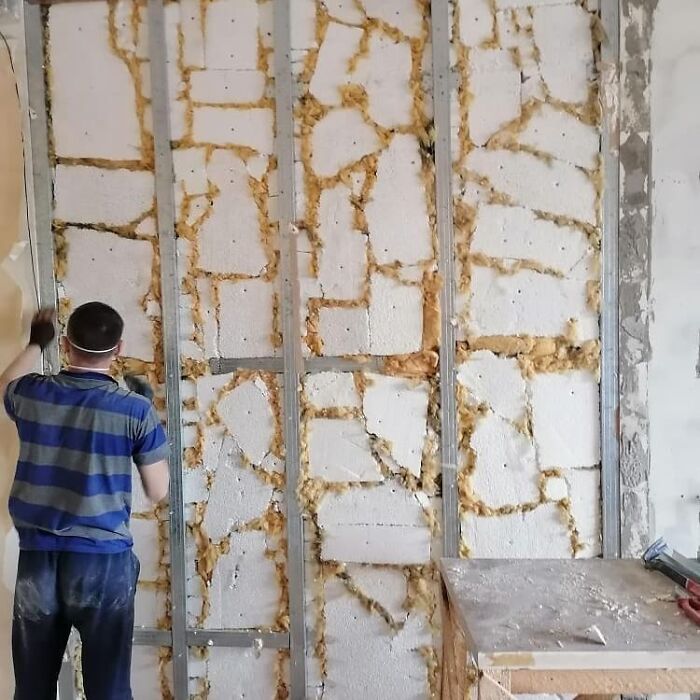
Image credits: typical.rykozhop
#28
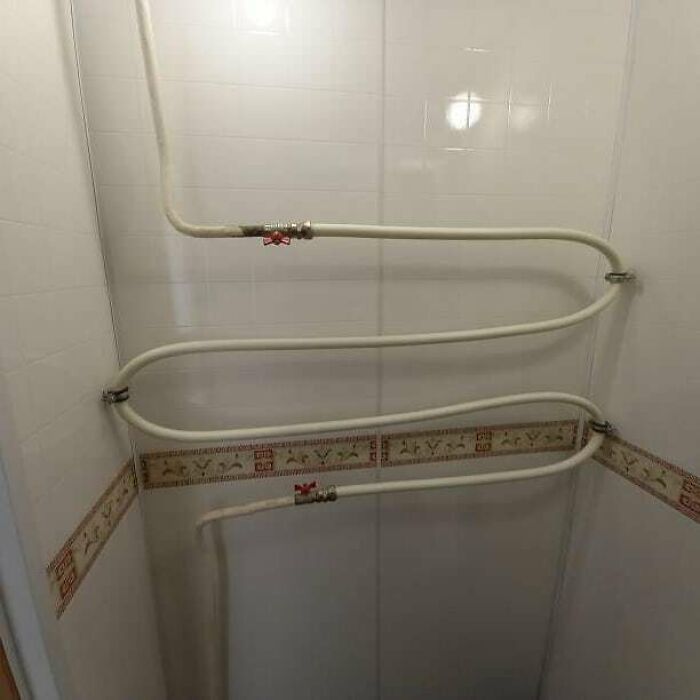
Image credits: typical.rykozhop
#29
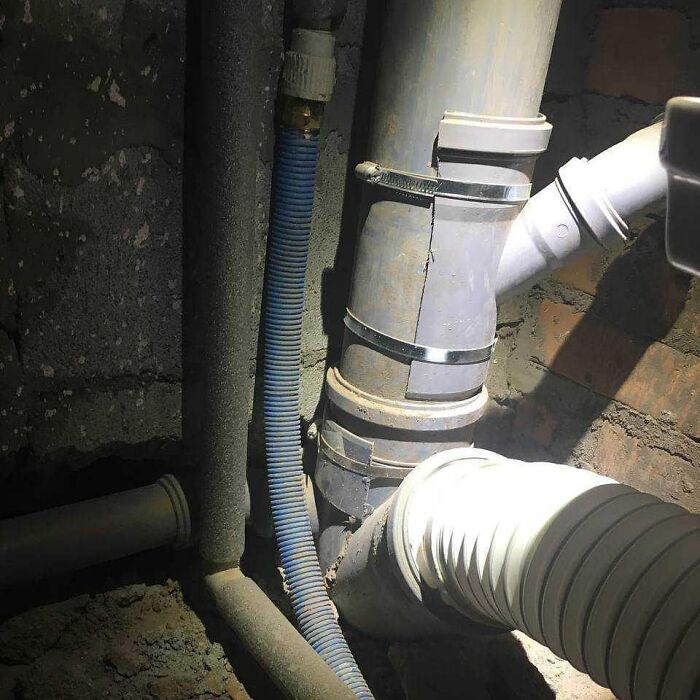
Image credits: typical.rykozhop
#30
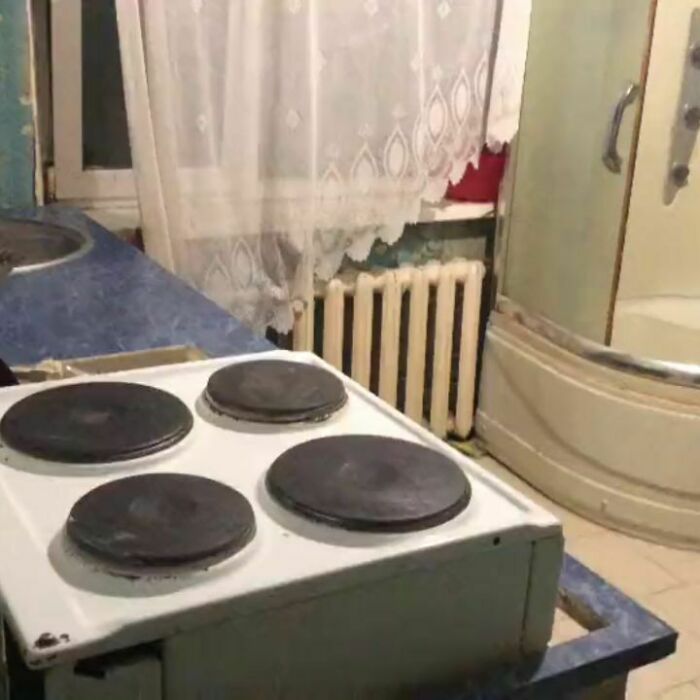
Image credits: typical.rykozhop